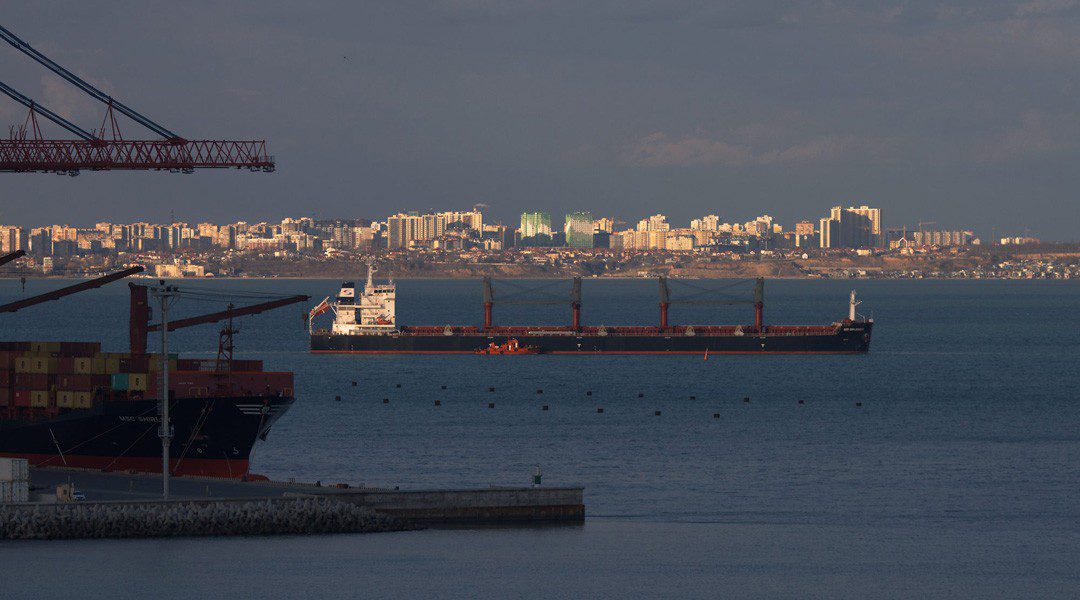In RTI Ltd v MUR Shipping BV [2024] UKSC 18, handed down on Wednesday May 15th 2024, the Supreme Court unanimously allowed MUR’s appeal, thus restoring the judgment of Jacobs J.
The Supreme Court ruled that a force majeure clause in the parties’ COA permitted MUR to suspend its nomination of performing vessels – on account of likely delays in RTI paying freight in US dollars (payment in US$ was required by the COA). The delays were made likely by the imposition of sanctions on RTI’s parent company.
The central issue before the Supreme Court was whether the Court of Appeal had been correct to uphold the decision of the tribunal in the underlying arbitration – that being that MUR was prevented from relying on force majeure because it could not satisfy clause 36.3(d).
This clause provided that an event or state of affairs did not qualify as force majeure unless it could not be “overcome by reasonable endeavors (sic)”.
RTI had offered to pay freight in euros (including the cost of conversion into US dollars) and the tribunal found that this solution would have caused MUR no detriment. The Court of Appeal, upholding the tribunal, reasoned that “a problem or state of affairs is overcome if its adverse consequences are completely avoided”.
However, the Supreme Court took a different approach, one which treated the appeal as raising a “fundamental point of principle” that would in theory apply to all force majeure clauses, namely, whether the availability of a non-contractual solution to a contractual impasse may prevent a party from declaring force majeure.
The Supreme Court was concerned that if the Court of Appeal’s phrasing was generally rather than specifically applicable (that non-contractual solutions could “overcome” a “problem or state of affairs”) then this would undermine the value of the parties’ contractual rights and would fail to reflect the importance of certainty in commercial contracts.
In its commentary, Quadrant Chambers noted that “the decisions of Jacobs J and the Court of Appeal both gave rise to spirited debate. The Supreme Court’s decision is sure to re-ignite the arguments on both sides”.
James Shirley acted for RTI, led by Vasanti Selvaratnam KC, instructed by David Owens and Ahmed Hassan of Campbell Johnston Clark.




